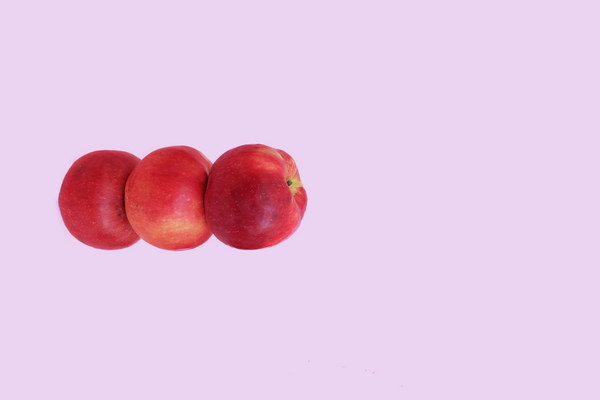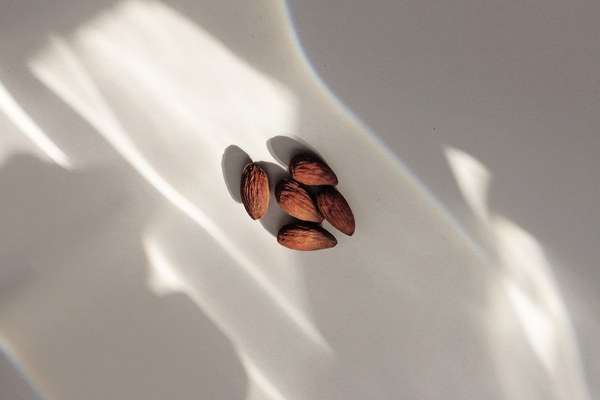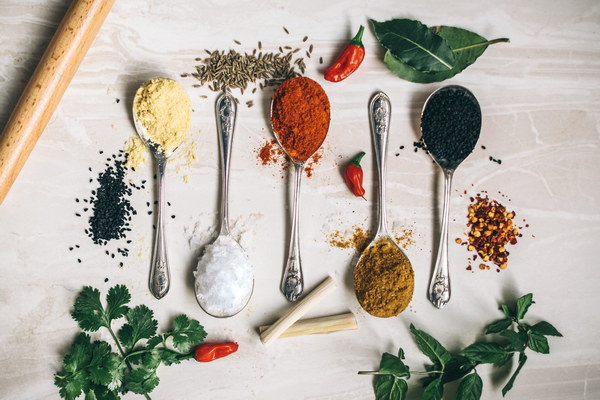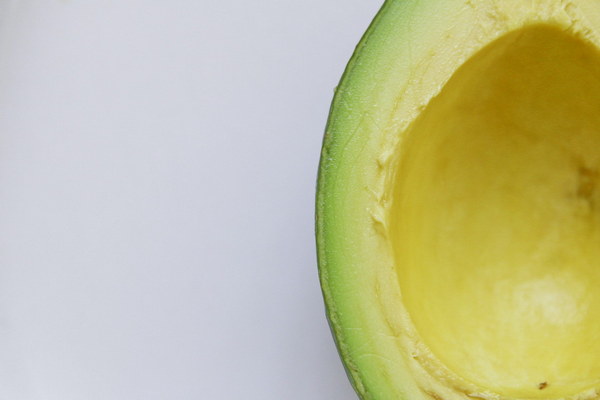Unveiling the Coolness Can Sophora Flava (Kushen) Really Relieve Heat and Dampness
In traditional Chinese medicine, Sophora Flava, commonly known as Kushen, has long been hailed for its cooling and drying properties. But does it truly possess the ability to relieve heat and dampness? This article delves into the historical roots, scientific evidence, and practical applications of Kushen to shed light on this age-old question.
The Historical Perspective
Kushen, derived from the roots of the Sophora Flava plant, has a rich history in Chinese herbal medicine. For centuries, it has been used to treat a variety of ailments, particularly those related to heat and dampness. The concept of heat and dampness in Chinese medicine is a bit different from the Western understanding of these terms.
Heat in Chinese medicine refers to a condition where the body's internal temperature is elevated due to an imbalance. This imbalance can be caused by external factors like excessive heat or internal factors such as stress and poor diet. Dampness, on the other hand, is a substance that can accumulate in the body, leading to various health issues when it gets out of balance.
Historically, Kushen was used to address these conditions by its cooling and drying effects. It was believed to help clear heat from the body, alleviate dampness, and promote a harmonious balance of the body's internal environment.

Scientific Evidence
While the traditional uses of Kushen are well-documented, modern science has also taken an interest in its potential therapeutic properties. Several studies have been conducted to investigate the efficacy of Kushen in treating heat and dampness-related conditions.
One study published in the Journal of Ethnopharmacology found that the active compounds in Kushen can indeed have a cooling effect on the body. The research suggested that these compounds can help reduce fever, inflammation, and other symptoms associated with heat-related disorders.
Another study in the Chinese Journal of Integrative Medicine explored the drying effects of Kushen. The research indicated that the herb can help reduce dampness by improving the body's metabolism and promoting the elimination of excess fluid.
While these studies are promising, it's important to note that more research is needed to fully understand the mechanisms of action and the efficacy of Kushen in treating heat and dampness.
Practical Applications
In practical terms, Kushen is often used in herbal formulas designed to address specific heat and dampness-related issues. For example, it might be included in a formula to treat eczema, a skin condition that can be exacerbated by heat and dampness.
Here are some common uses of Kushen in traditional Chinese medicine:
1. Relieving Heat and Dampness in the Digestive System: Kushen can be used to alleviate symptoms of dysentery, diarrhea, and other gastrointestinal issues related to heat and dampness.
2. Treating Skin Conditions: As mentioned earlier, Kushen can be part of a formula to help manage eczema, psoriasis, and other skin conditions linked to heat and dampness.
3. Improving Joint Health: In cases of arthritis and other joint conditions where heat and dampness are believed to play a role, Kushen may be included in the treatment regimen.
Conclusion
While the scientific community is still uncovering the full potential of Kushen, the traditional use of this herb in Chinese medicine suggests that it may indeed possess the ability to relieve heat and dampness. Its cooling and drying properties make it a valuable component in herbal formulas designed to address a variety of conditions. As research continues to evolve, so too will our understanding of the benefits and applications of Kushen in modern medicine.









